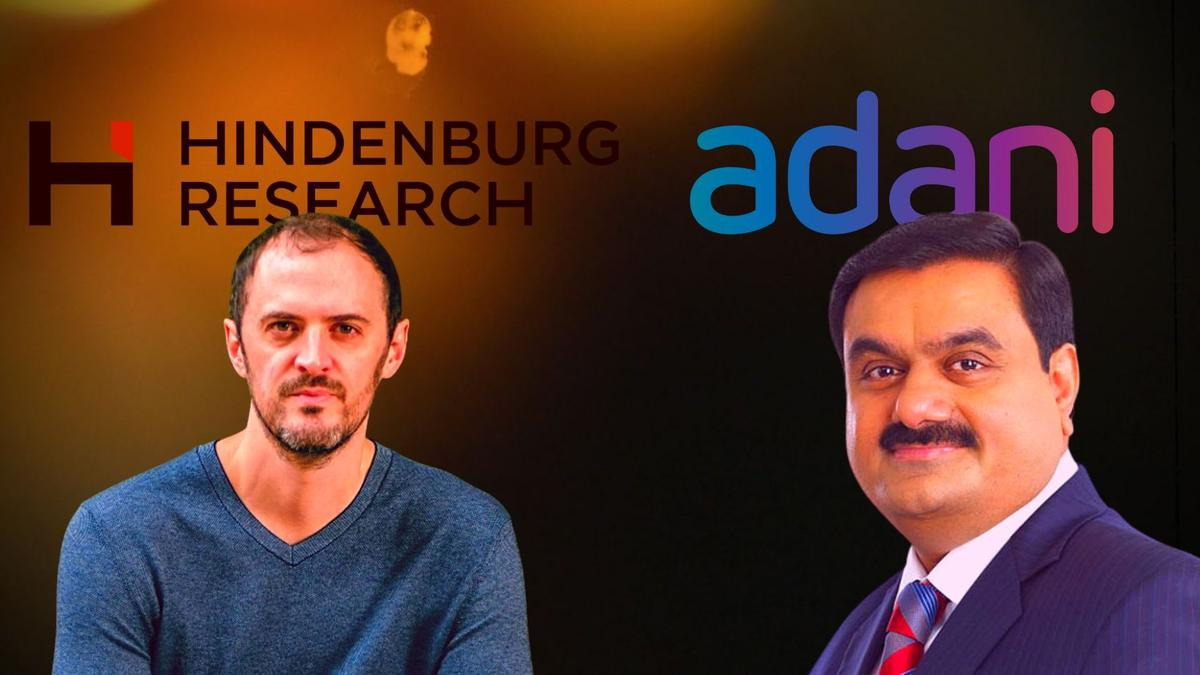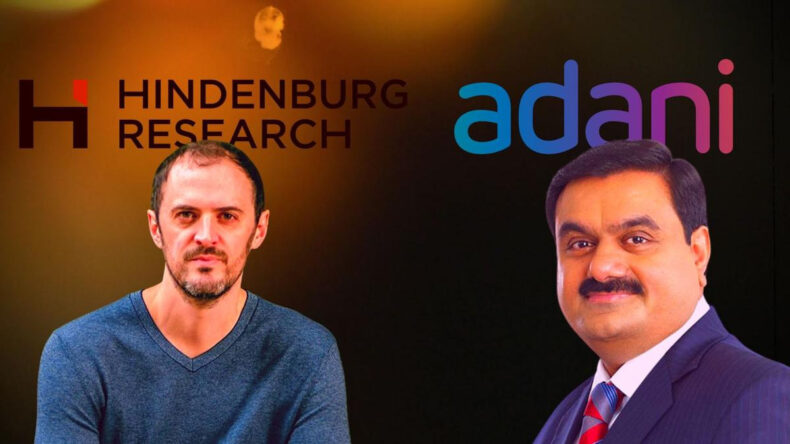Four months after US short-seller Hindenburg Research released a damning report on the Adani Group, the conglomerate continues to struggle to shake off the impact. While two out of Adani’s ten stocks have shown strong recovery, a complete return to pre-Hindenburg levels still appears distant. Since Hindenburg’s report on January 24, which accused billionaire Gautam Adani’s empire of conducting “the largest con in corporate history,” the group’s market value remains down by over $100 billion, with the rout peaking at $153 billion.

According to Abhay Agarwal, the founder and fund manager of Mumbai-based Piper Serica Advisors Ltd., there has been a readjustment of valuations for Adani stocks.
The froth that existed before Hindenburg has gone away and won’t come back.” While concerns over governance issues have diminished since the aftermath of the Hindenburg report, it is unlikely that all losses will be erased within the next few months.
During the past four months, Adani stocks have experienced a median decline of 23%, surpassing the 19% median loss of other targeted companies, including Adani, by Hindenburg since 2020. The Adani Group has been one of the prominent targets for Hindenburg Research, known for successful bets against companies like electric-vehicle maker Nikola Corp. and Icahn Enterprises LP.
The attack by the short seller has compelled the Adani Group to reassess its ambitious plans after accumulating significant debt to fuel its growth in various sectors. Gautam Adani, closely associated with Prime Minister Narendra Modi’s nation-building efforts, is scaling back aspirations to expand further into aluminium, steel, and road projects.
Adani has consistently denied Hindenburg’s allegations, affirming full compliance with local disclosure requirements. The conglomerate did not respond to requests for comment, and Hindenburg also refrained from commenting.
A substantial portion of the recovery in Adani stocks can be attributed to the support of emerging-market investor Rajiv Jain, the chief investment officer at GQG Partners LLC. The firm played a crucial role in curbing the decline by purchasing shares in four Adani units from a family trust and increasing its holdings. Furthermore, the sentiment surrounding Adani stocks received a boost when a panel appointed by India’s highest court concluded that there was no regulatory failure or evidence of price manipulation in relation to the stocks.
To restore confidence, the tycoon, his family, and the Adani Group have taken measures such as prepaying debt, buying back bonds, and conducting investor roadshows. In a recent report, the group highlighted improvements in its key debt metrics.
Among Adani stocks, the cash-generating businesses with the most lucrative assets have led to a rebound in the equity market. Adani Ports & Special Economic Zone Ltd. considered the conglomerate’s crown jewel, briefly erased all losses since Hindenburg’s attack. In the fiscal year ending in March, Adani Power Ltd., the largest private coal-based energy producer in India, experienced a significant increase in its profits, more than doubling its previous figures.
During early trading, the majority of Adani stocks showed positive movement. In a broader review, Indian exchanges announced an upward adjustment in the daily price bands for four of the group’s securities. Adani Total Gas Ltd. experienced the most significant decline, approximately 80% since January 24. Flagship Adani Enterprises Ltd. remains about 30% below its pre-Hindenburg level. Among the group’s 15-dollar bonds, the debt of Adani Ports with a maturity date in July 2024 is the sole bond that has experienced complete recovery, although it was a temporary rebound.
In the Hindenburg report, it was disclosed that they had initiated a short position in Adani Group companies using bonds traded in the US and derivative instruments traded outside of India. Hindenburg has also targeted other companies, including Block Inc. led by Jack Dorsey and Icahn Enterprises chaired by billionaire Carl













